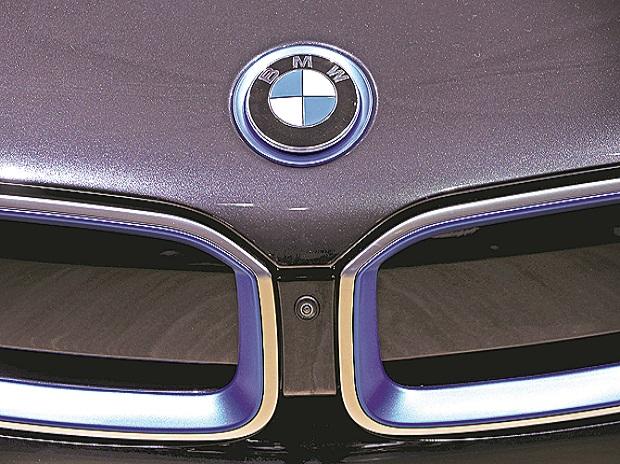
BMW AG will reduce bonus payments for employees in Germany as the luxury-car maker grapples with the costly shift to electric and self-driving vehicles.
While BMW’s efforts lack the bite of drastic cutbacks outlined by rival Audi, they reflect the growing pressure facing Germany’s horsepower-focused brands to adapt to a new automotive era.
BMW and its employees agreed on a new formula to calculate bonus payments, BMW’s new Chief Executive Officer Oliver Zipse told workers at a staff meeting in Munich on Wednesday. If applied to last year’s payouts, they would have been nearly 20% lower. The company is also introducing a pension component based on dividend payments.
“Together with the works council, we have reached a common solution” to lower personnel expenses, Zipse said, according to excerpts of his speech. “This allows us to avoid drastic measures that others are taking to reduce their costs.”
BMW’s bonus cuts and other measures are part of a broader push to save more than 12 billion euros ($13 billion) and free up funds for developing new technology.
BMW works council chief Manfred Schoch backed the labor accord in a statement and said bonus payments “remain attractive.” The dividend-linked pension component was “unique in the auto industry,” he said.
Stricter emissions regulations are all but impossible to meet without sizable sales of electric vehicles, which have so far met with limited interest from consumers. Trade wars and softening demand in major markets like China have made navigating the transition even more fraught.
Under Zipse, BMW’s third-quarter results showed signs of improvement. Its automotive profit margin widened to 6.6% from 4.4% a year ago -- well below its target range of between 8% and 10%. Arch rival Mercedes-Benz is also struggling, forecasting a return on sales of just 4% for next year.
To shore up profits by 6 billion euros, Volkswagen AG’s Audi division mapped out a sweeping cost-cutting drive on Tuesday including shedding as many as 9,500 jobs in Germany and streamlining operations at its two main factories in its home country.


0 Comments